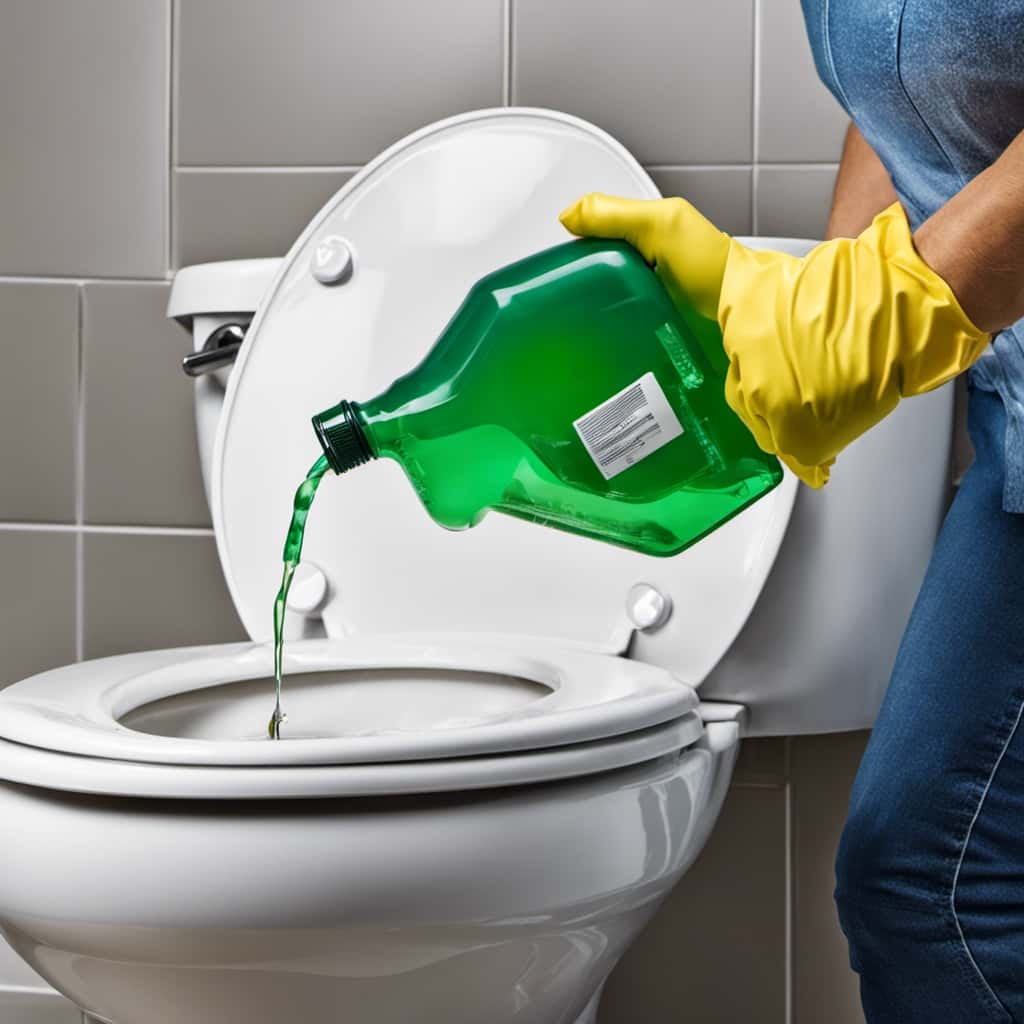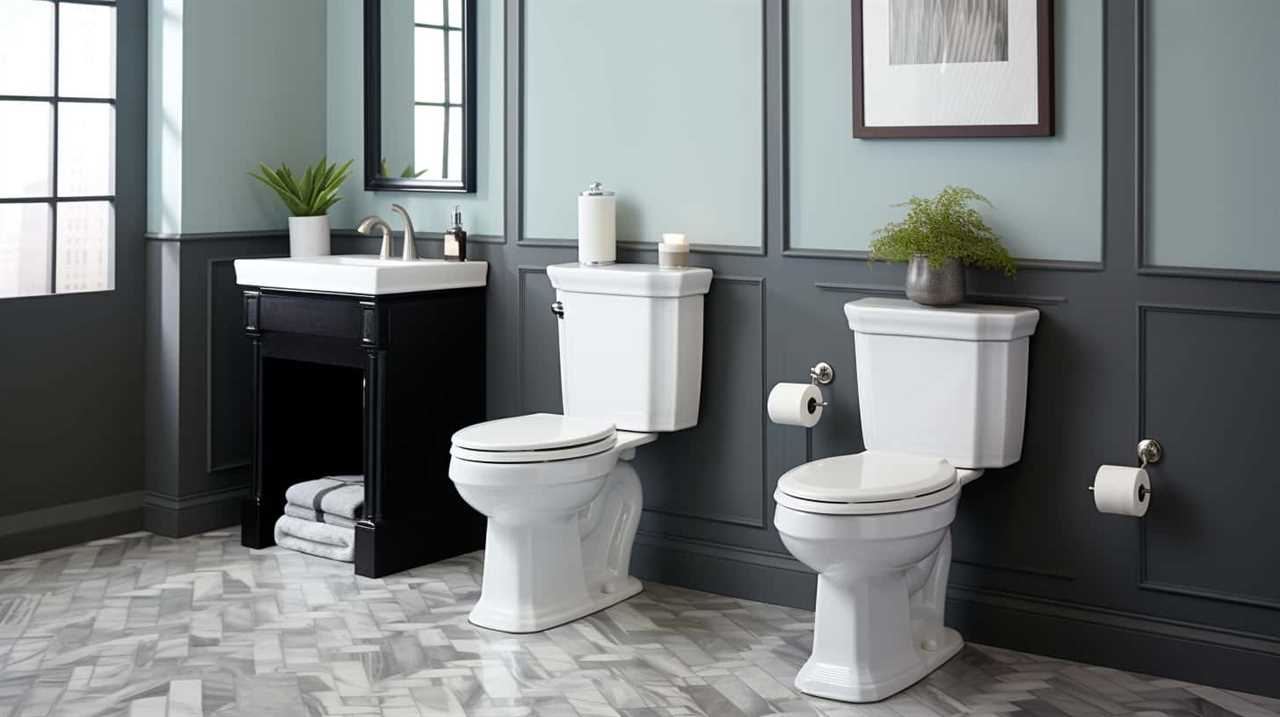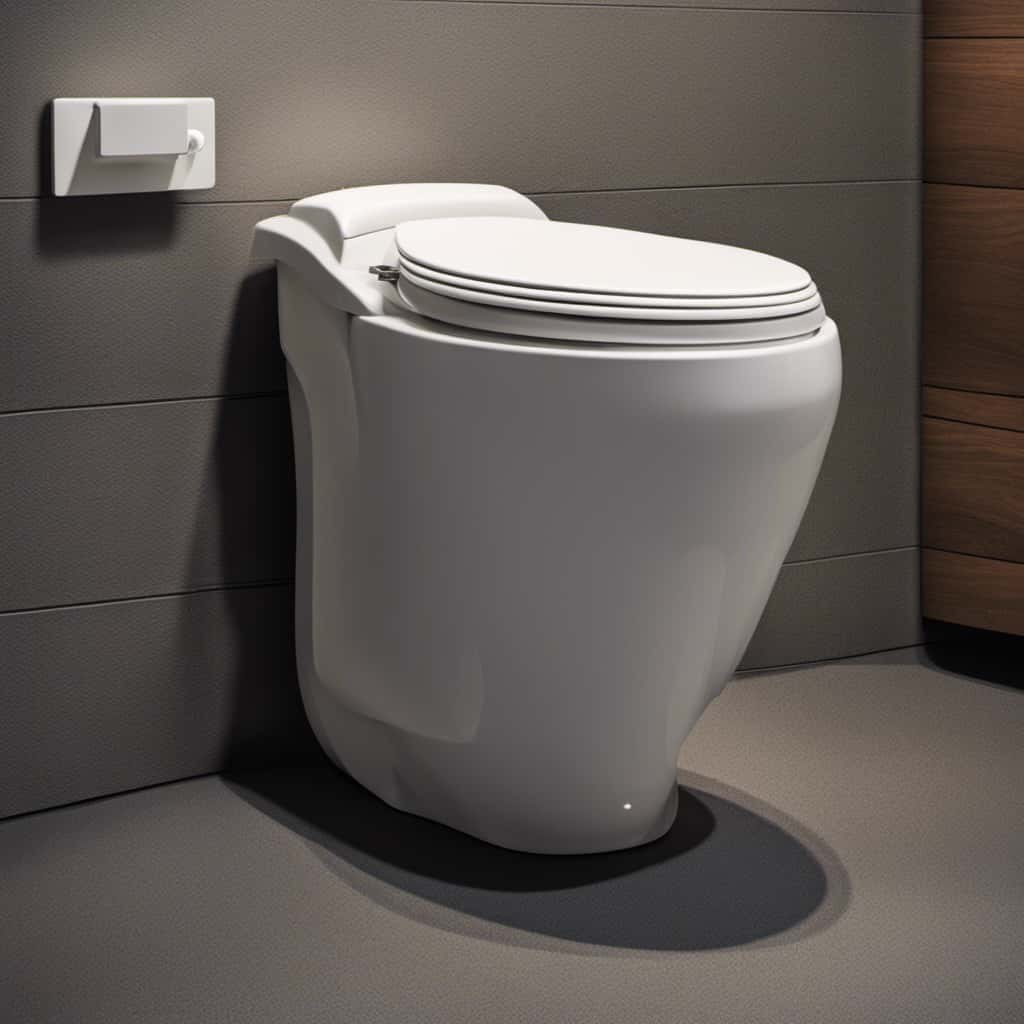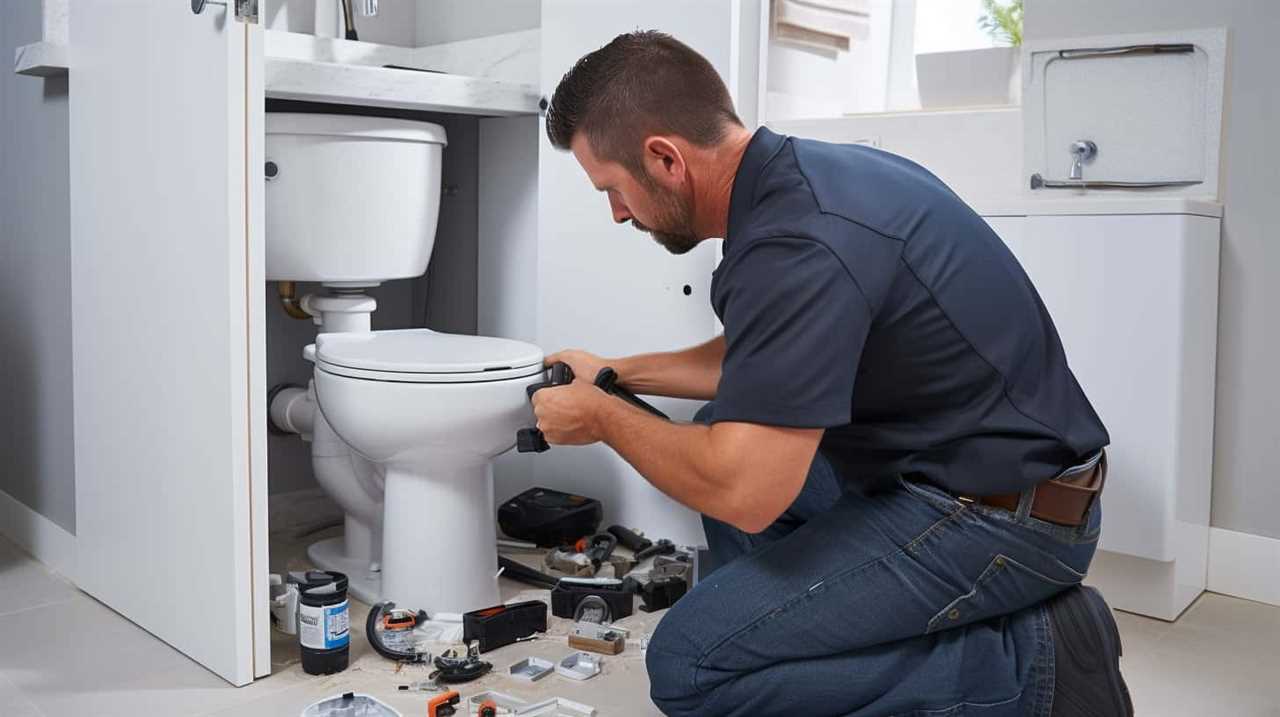We’ve all experienced it – pausing in front of a notice declaring ‘Do Not Flush Paper Towels.’ However, have you ever taken a moment to ponder the reason behind this directive?
In this article, we’ll dive into the importance of these signs and why paper towels should never be flushed. We’ll explore the consequences of ignoring this rule and provide proper disposal methods for paper towels.
Plus, we’ll share tips on how to educate others about this crucial rule. So let’s get started and become masters of responsible waste management.
Key Takeaways
- ‘Do Not Flush Paper Towels’ signs are important for maintaining proper plumbing and preventing clogs.
- Flushing paper towels can lead to costly repairs, disruptions in wastewater flow, and strain on wastewater treatment plants.
- Paper towels should not be flushed due to their environmental impact, plumbing issues, and difficulty in breaking down.
- Flushing paper towels can result in clogged pipes, increased water pollution, and potential harm to aquatic life.
The Importance of ‘Do Not Flush Paper Towels’ Signs
We believe in the importance of ‘Do Not Flush Paper Towels’ signs for maintaining proper plumbing and preventing clogs. Proper waste management is crucial to maintaining a healthy and functional plumbing system. When paper towels are flushed down the toilet, they can cause serious blockages in the pipes. This not only leads to costly repairs but also disrupts the smooth flow of wastewater.

Additionally, the environmental impact of paper towel disposal is significant. Flushing paper towels contributes to clogs in the sewage system, increasing the risk of sewage backups and overflows. Moreover, paper towels don’t break down easily like toilet paper, exacerbating the strain on wastewater treatment plants.
To ensure the longevity of plumbing systems and minimize the environmental impact of waste disposal, it’s essential to heed ‘Do Not Flush Paper Towels’ signs.
Now, let’s delve into why paper towels shouldn’t be flushed.
Why Paper Towels Should Not Be Flushed
To understand why paper towels shouldn’t be flushed, it’s important to recognize the potential consequences they can have on plumbing systems and the environment. Here are three reasons why paper towels should never be flushed:

- Environmental impact: Paper towels aren’t designed to break down easily in water like toilet paper. When flushed, they can clog pipes and cause sewage backups, leading to pollution of water bodies and harm to aquatic life.
- Plumbing issues: Flushing paper towels can lead to blockages in plumbing systems. Unlike toilet paper, paper towels don’t disintegrate quickly, causing them to accumulate and create obstructions in pipes, leading to costly repairs and inconvenience.
- Increased maintenance and expenses: Flushing paper towels puts additional strain on sewage treatment plants and septic systems, requiring more frequent maintenance and higher operational costs.
The Consequences of Flushing Paper Towels
Flushing paper towels can result in significant consequences for both plumbing systems and the environment. When paper towels are flushed down the toilet, they can easily clog pipes and cause blockages in the plumbing system. This can lead to costly repairs and disruptions in the water flow.
Moreover, paper towels aren’t designed to break down in water like toilet paper. As a result, they can accumulate in sewer systems, leading to environmental issues. The environmental impact of flushing paper towels includes increased water pollution and potential harm to aquatic life.
To avoid these consequences, it’s important to understand proper disposal methods for paper towels. By disposing of them in the trash instead of flushing, we can prevent clogged pipes and reduce our environmental footprint.
Proper Disposal Methods for Paper Towels
When disposing of paper towels, it’s important to use the proper methods to ensure efficient and environmentally-friendly practices. Here are three alternative disposal methods that can help reduce the environmental impact of paper towels:

- Composting: Paper towels made from natural materials can be composted along with other organic waste. This allows them to break down naturally and become nutrient-rich soil.
- Recycling: If your paper towels aren’t contaminated with any chemicals or food waste, they can be recycled. Look for recycling programs in your area that accept paper towels.
- Reuse: Consider using cloth towels or reusable microfiber cloths instead of paper towels. These can be washed and reused multiple times, reducing the amount of paper waste generated.
Tips for Educating Others About the ‘Do Not Flush Paper Towels’ Rule
By following these environmentally-friendly disposal methods for paper towels, we can educate others about the importance of the ‘Do Not Flush Paper Towels’ rule.
Effective communication is key when spreading awareness about this issue. Start by explaining the reasons behind the rule, such as the negative impact on sewage systems and the environment. Use clear and concise language to convey the message.
Provide visual aids, such as posters or infographics, to make the information more engaging and memorable. Utilize social media platforms and community events to reach a wider audience. Encourage others to share the information and promote environmental awareness.
Remember to emphasize the alternatives to flushing paper towels, such as proper disposal in trash bins or composting.

Together, we can make a difference in preserving our environment.
Frequently Asked Questions
How Long Does It Take for Paper Towels to Break Down in the Sewer System?
Paper towels take a while to break down in the sewer system, which can have a negative impact on wastewater treatment. It’s important to dispose of them properly to prevent clogging and other issues.
Can Flushing Paper Towels Lead to Sewer Backups?
Flushing paper towels can lead to sewer backups. They do not break down easily in the sewer system, causing blockages. This can have a negative impact on wastewater treatment, leading to costly repairs and environmental issues.
Are There Any Alternatives to Using Paper Towels That Are More Environmentally Friendly?
There are alternatives to using paper towels that are more environmentally friendly, such as reusable towels and compostable wipes. These options help reduce waste and promote sustainability, making them a better choice for the environment.

Can Flushing Paper Towels Result in Clogged Pipes in Residential Homes?
Flushing paper towels poses clogging risks and can have a detrimental impact on plumbing in residential homes. It is important to be aware of the potential consequences and to dispose of paper towels properly.
What Are the Potential Health Risks Associated With Flushing Paper Towels?
Flushing paper towels can lead to potential contamination and have a negative impact on wastewater treatment. It is important to be mindful of what we flush to avoid health risks and maintain the efficiency of the system.
Conclusion
In conclusion, it’s crucial to understand the importance of not flushing paper towels.
One interesting statistic to consider is that a single paper towel can take up to two weeks to fully decompose in a landfill. This highlights the significant impact that flushing paper towels can have on our environment and sewage systems.

By properly disposing of paper towels in designated bins, we can help prevent clogs, backups, and costly repairs while also protecting our planet.










